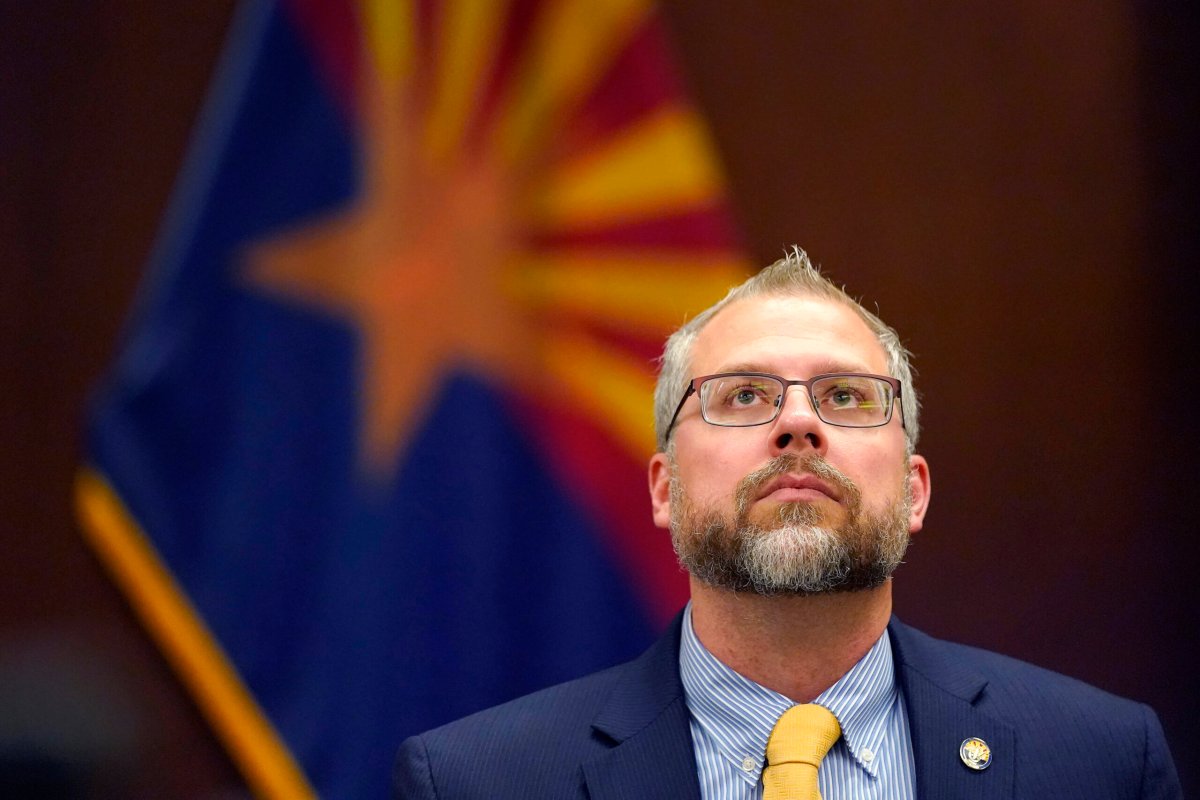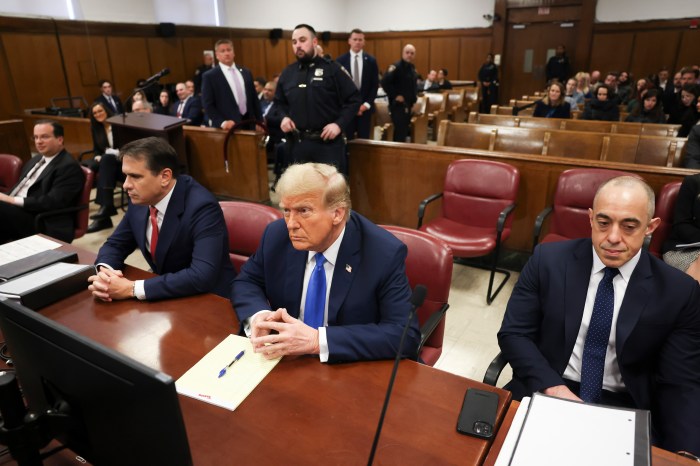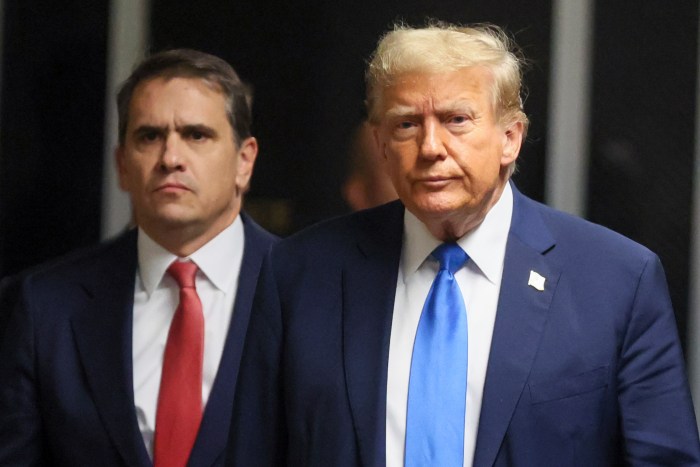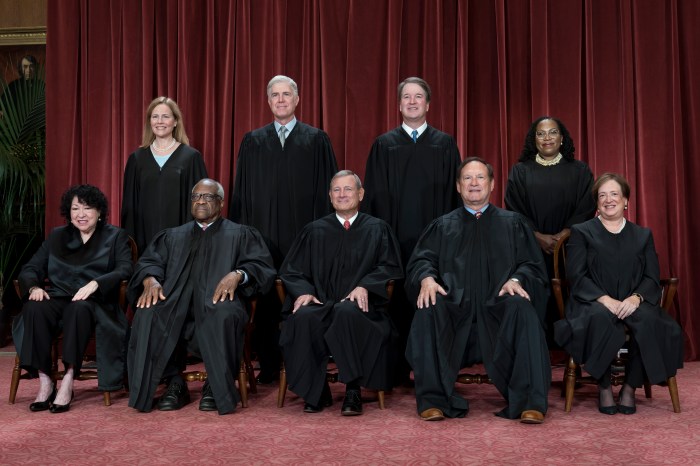PHOENIX (AP) — Officials in an Arizona county are vowing to overhaul their election procedures after a shortage of some ballots at about two dozen voting sites during Tuesday’s primary election led to some voters leaving without being able to cast their ballots.
Pinal County Attorney Kent Volkmer and Jeffrey McClure, chair of the Board of Supervisors, both blamed the problems on human error. McClure called it “a major screw-up.”
“I have not seen evidence of a nefarious act,” McClure said at a Wednesday news conference. “I’ve seen mistakes made on a grand scale.”
The problems were the second in the primary. When mail ballots were sent out early in July, many were missing city races and the county — a growing suburban area south of metro-Phoenix and home to over 425,000 residents — was forced to send supplemental ballots to those voters.
On Tuesday, that earlier issue played a role during in-person voting at some of the county’s 95 polling sites. Each site may have had as many as 10 ballot styles.
A surge of people going to the polls led to some sites either running short or out of ballots. The county tried to print new ballots but old printers were limited and it took a long time in some cases to get new ballots to the affected polling sites.
At most, about 750 voters could have been affected, out of about 50,000 total mail and in-person votes tallied from Tuesday’s election, but that is “purely a guess,” Volkmer said.
“The actual number of people impacted, we have no ability to really assess,” Volkmer saiud.
“Quite frankly, we underestimated,” he said of the ballot shortage. “There were more people who showed up than we thought were going to show up.”
Some of those people were voters who had an early ballot, but because of the problems with missing races and the supplemental ballots, decided to “spoil” that ballot at the polls and request a new one.
“We know that that was happening,” he said. “That’s not something that happens very often — its not what we expect.”
Adding to the crush was a 10% population increase since the 2020 election and more independents asking for partisan Republican ballots on Election Day.
“We just, we didn’t order enough ballots,” Volkmer said.
“We’re all human, but for the grace of God there go I,” he added. “There is nothing sinister,” and the problems affected voters of both parties.
“This was widespread, it was equal opportunity, it was simply a mistake,” Volkmer said.
There were also problems with a voting site in the city of Maricopa. That site did not open as scheduled at 7 a.m. Tuesday, and voting rights advocates tried and failed to get a judge to extend the hours to make up for that lost time for about 2,000 affected voters.
The Arizona Democracy Resource Center called the county’s actions “anti-democratic, alarming, and unacceptable.”
Volkmer said keys to the voting site were not available after the person set to open was unable to do so.
The state and national Republican Party also slammed the county, whose government is dominated by Republicans. They said in a joint statement that their poll observers reported “multiple failures” with mail ballots and precincts running out of ballots.
“This is a comprehensive failure that disenfranchises Arizonans and exemplifies why Republican-led efforts for transparency at the ballot box are so important,” the statement said.
Republican Rep. John Fillmore, who was trailing in his reelection bid, demanded action, saying “the average voter doesn’t have faith.”
“Why the hell was the county not prepared for people showing up at the polls,” Fillmore asked at the news conference. “There has to be a change in the administration, in the people running the elections.”
The Republican Party called for county Elections Director David Frisk, who was just hired in March after an exodus of county election officials following the 2020 election, to immediately resign. Frisk was processing the approximately 8,000 remaining ballots and did not attend the news conference, which was streamed on the county website.
No voter was turned away at the polls, and some locations remained open for more than an hour after the normal 7 p.m. close time to allow those in line to cast ballots.
But “there were those people who felt they were disenfranchised,” Volkmer said, “There were people who said, ‘I didn’t get to vote because I had to go somewhere else.’”



















